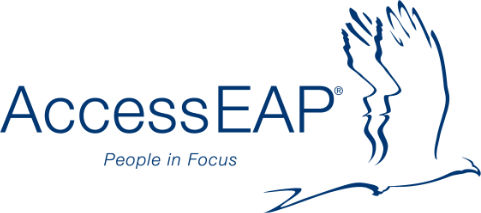For me wellness means doings things that promote health and contentment and help me to manage stress, such as spending quality time on the golf course or taking a yoga class. As well as these activities, I’m aware that there is an overwhelming amount of wellness options that may be beneficial to me, however, it is becoming harder to distinguish which practices will increase my wellbeing and which are just passing fads.
Right now, one of the hot topics in wellness practice is de-cluttering, popularised by Oprah Winfrey's introduction of Australian, Peter Walsh to the world and more recently Marie Kondo. We are witness to people describing how tidying their homes, has changed their lives. This does make me question, is decluttering actually good for our health?
There is some evidence that clutter in the home is detrimental for our physical and mental health. In particular, clutter has been linked to stress which in turn can have many other health impacts. It certainly can be stressful if you can’t locate your laptop, due to clutter, and your meeting starts in an hour. Clutter has also been found to drain our cognitive resources due to visual distraction, to impact our food choices, and to be associated with sleep disturbance.
Decluttering is most useful if it is a problem for you and leads you to feel uncomfortable and chaotic. If it does make you feel this way, it may be a symptom of other things going on in your life. It’s important to uncover and address these. Depression can lead to a lack of motivation to “tidy up” and a sense of not caring about yourself or your environment, grief can result in holding on to things for sentimental value or for fear of what “moving on” may entail.
If decluttering resonates with you, where should you start? With the overwhelming nature of the task, it helps to set small achievable goals. Setting out to tidy your entire home all at once may be unrealistic and feel overwhelming. Successfully tidying a small section of a room will help increase your self-efficacy and promote future success.


